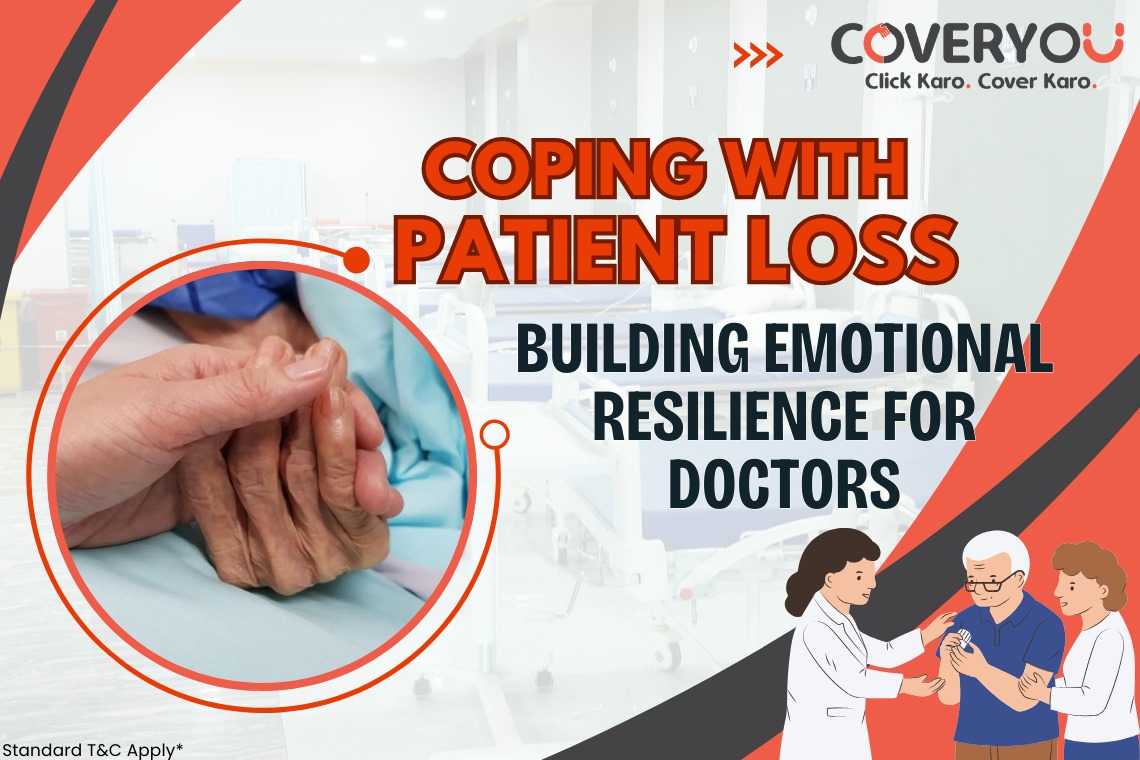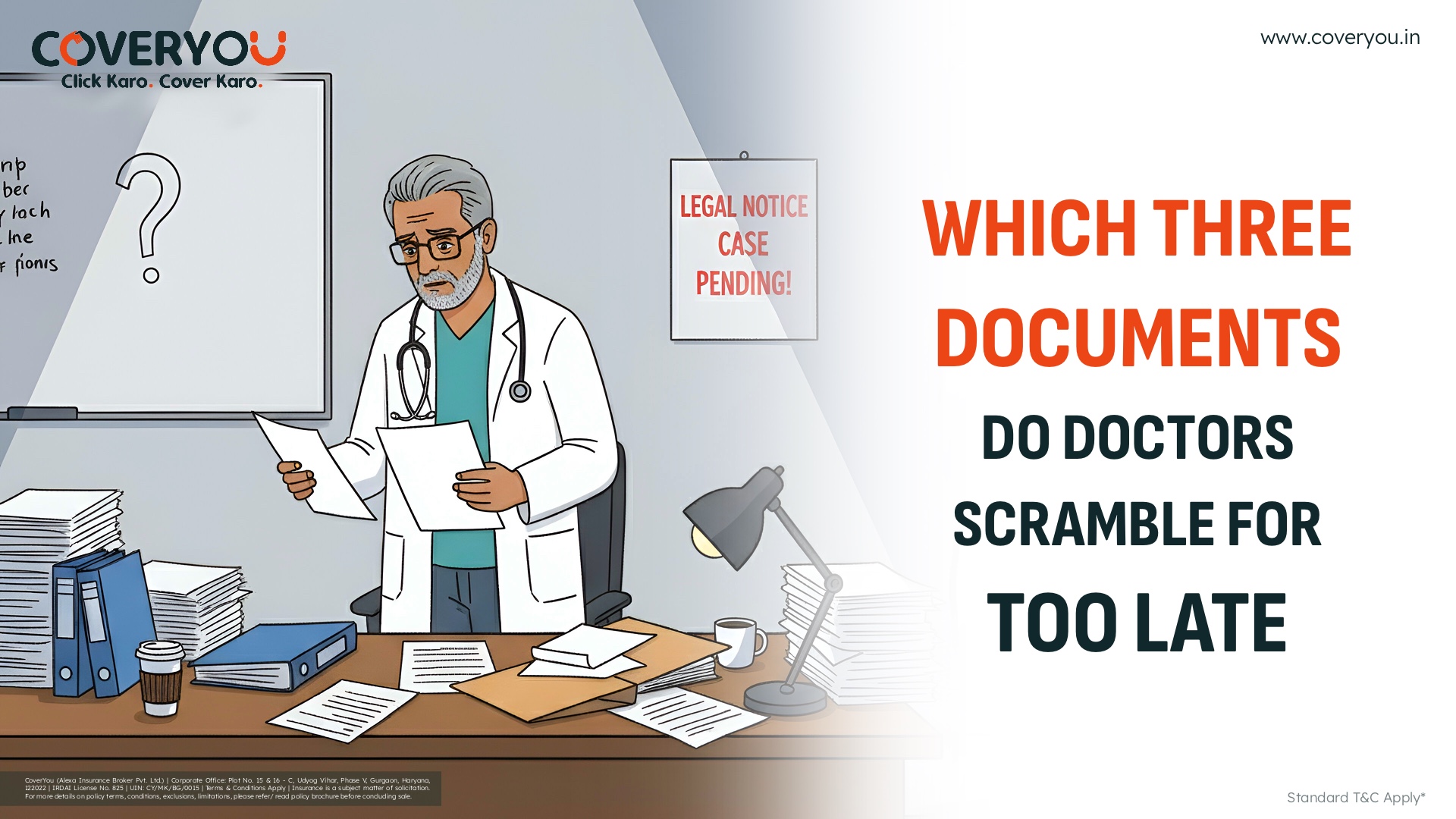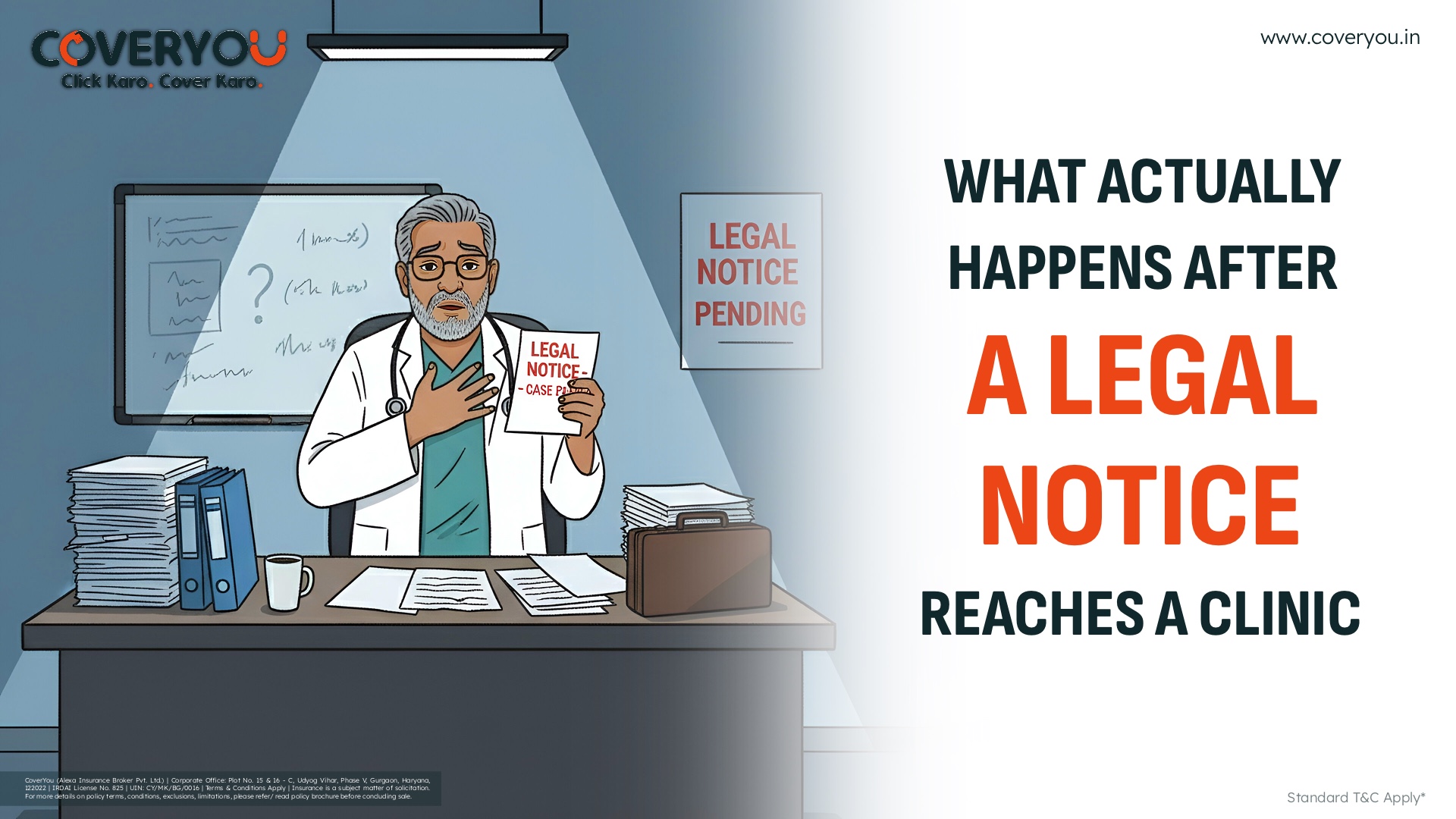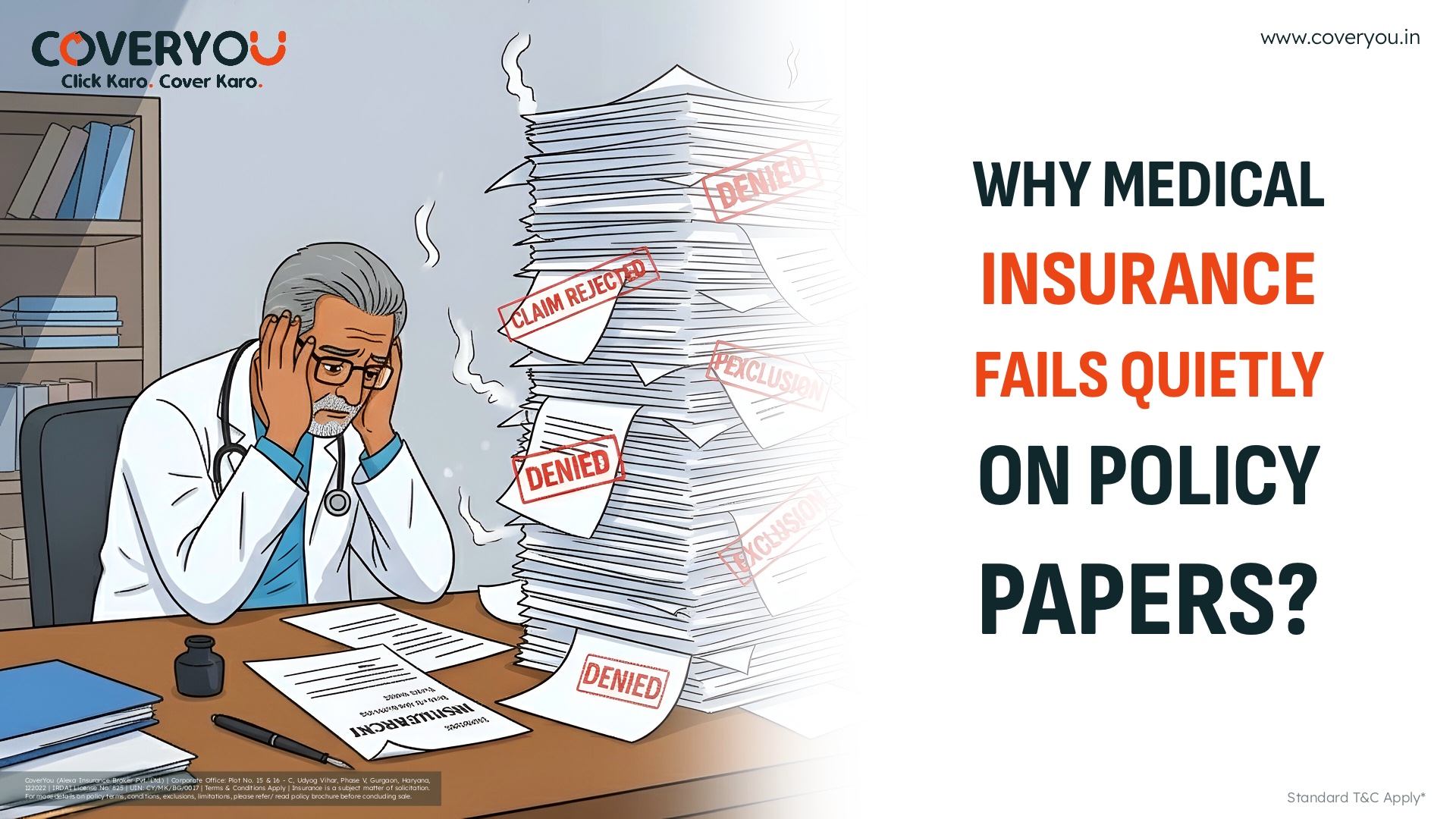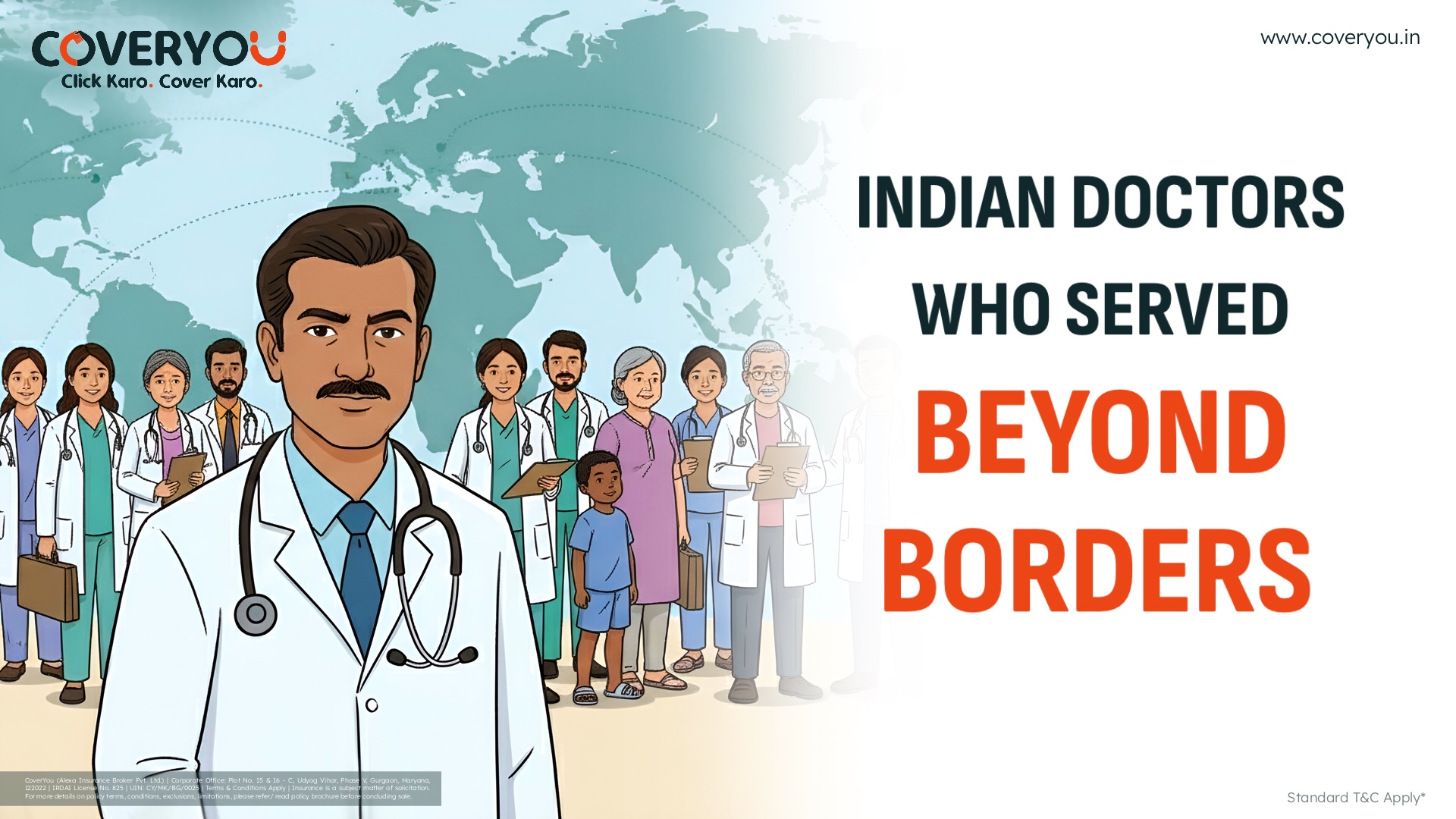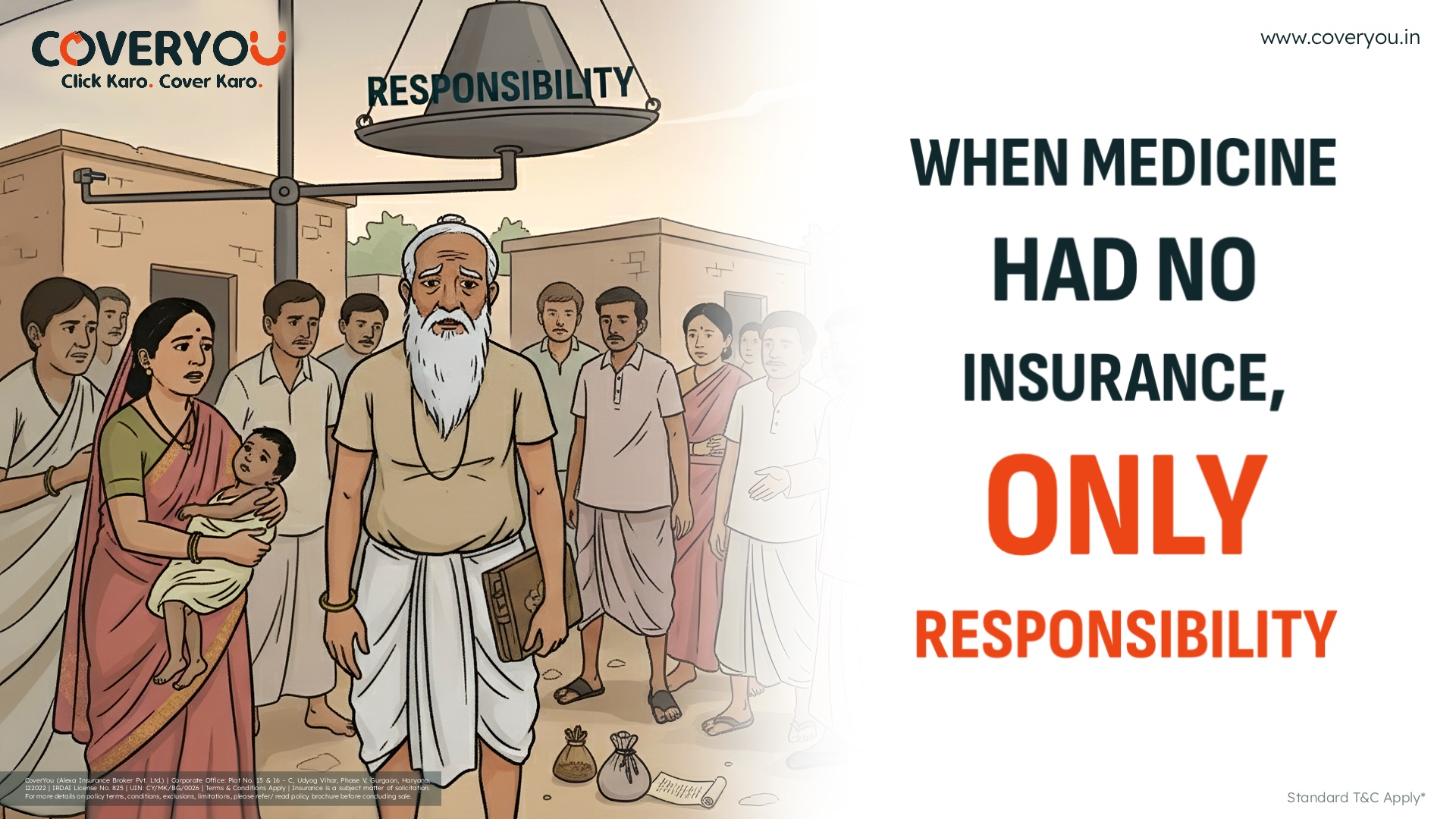“In the journey to heal, doctors must also learn to grieve”. Becoming a doctor implies more than just the desire to cure; it also involves acknowledging that death is a natural and inevitable part of medicine.. To be successful in this field, medical students need to adopt mental toughness and learn how to cope with the fatal repercussions of patient demise. Here’s how you can prepare yourself for the most difficult part of your future profession
The Reality of Death in Medicine
Medicine is more than just treating diseases; it additionally involves accepting death. This inevitable inclusion of the medical profession hits all doctors, whatever their expertise. The COVID-19 pandemic has highlighted the important necessity for healthcare professionals to deal with grief, particularly in the aftermath of unexpected deaths in challenging circumstances. Handling such circumstances with empathy and grace is essential for doctors to continue providing the medical attention that their patients deserve.
Establishing Empathy and Good Connections during Interviews
Medical institutional interviews are designed to evaluate your academic skills and, most importantly, the capacity one has to communicate with patients on a deeper level. Being empathetic, particularly when it comes to end-of-life scenarios. Imagine you just lost a patient. How would you deal with this emotionally difficult situation? Discuss how you plan to back up both the loved ones of the patient and yourself during this tough time. With such insight, though the thoughts acknowledge your medical background, they also refer to doctors ability to bond with patients under your medical supervision.
Volunteer for Experience
Volunteering in hospice or nursing homes after the worldwide epidemic provides budding doctors with vital hands-on experience. Volunteers gain essential skills like sympathy and empathy by communicating with individuals who are on their deathbed. These experiences not only benefit one’s personal growth, but also build the groundwork for a profession in medicine, notably in handling patients and interaction.
Essential Skills for Managing Death and Dying patient
Building trust at the bedside begins with authenticity. Starting by introducing yourself and stating why you want to become a doctor. Engage the patient in meaningful discussion about their life, experiences, and memories. Authentic discussion builds relationships and shows to the patient that you are truly interested in their stories.
Listen with Intent
One of the most important things is to understand how to listen well. Express your interest in learning by bringing up concerns from past conversations with patients. This procedure gives people a sense of worth and respect for their own experiences, resulting in stronger attention and trustworthiness.
Allow Patients to Talk About Death
This could be how patients address the idea of passing away. Many people are comfortable in speaking about it freely, while others may need time to think about what they have experienced. You must meet them at their emotional pace, not to aggressively push in on the wound, but also to avoid ignoring assurances like “It will all be okay.” Instead, be an excellent observer and interact with what they’re saying in order to help them sort through their feelings.
Sustain Equal Communication
It is essential to keep in touch with your patients on a regular basis, this allows you to build and cultivate that relationship. In all types of contacts (in-person, phone calls, video consultations), regular interaction will assure the patients that you are always there for them. Make sure to end every conversation with a word of appreciation for the effort, as you may not have another chance to recollect stupidly.
Be Informed
Understanding the stages of grieving is essential for providing the best support to patients and their loved ones. While Dr. Elisabeth Kübler-Ross’s concept is still relevant, many of us believe grief to be more complex and less linear in person. Understand what is available, get utilized to using it, and have something to fall back on that will help not only the patients but also yourself.
Coping & Support Seeking, Social Work Team
Death is part of many social worker’s experiences and care for their well-being is highly useful to avoid professional burnout. Likely, it will be beneficial for you to build relationships with the social workers in your institution. You can always seek their help later in your medical practice.
Give Yourself Permission to Grieve
“In the practice of medicine, saving lives is the goal, but understanding and coping with loss on the unspoken art”. Losing patients can leave you feeling quite upset. It’s critical to give yourself time to be unhappy and work through your feelings. To further understand your sentiments, try writing in a journal or chatting to coworkers. Writing sympathy cards or introspective writing can also help you cope with and fully understand your loss.
Conclusion
Preparing for medical school involves much more than just reading textbooks. It involves getting emotionally prepared for real-life situations such as dealing with patient deaths. To deal with these issues effectively, work on building empathy, practicing active listening, and asking for help when needed. Taking advantage of these opportunities to develop into an empathetic and skilled doctor.
